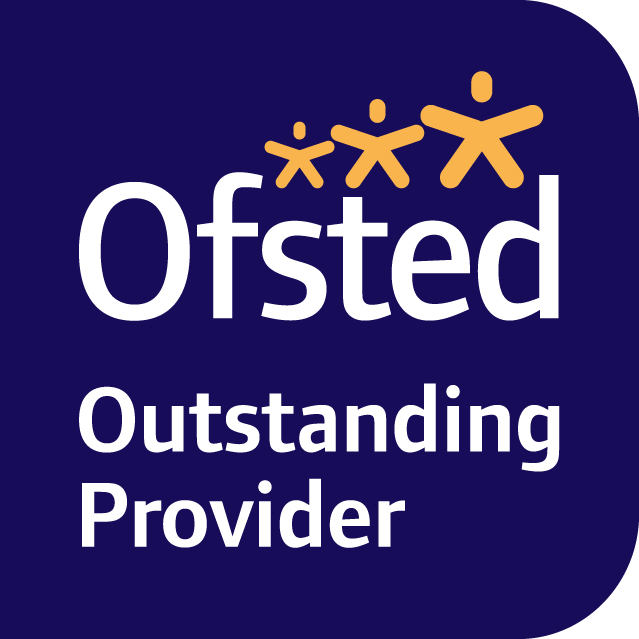Pupil Premium
Background Information
The Pupil Premium is additional funding for publicly funded schools in England to raise the attainment of disadvantaged pupils and close the gap between them and their peers.
‘The Government believes that the Pupil Premium, which is additional to main school funding, is the best way to address the current underlying inequalities between children eligible for free school meals (FSM) and their wealthier peers by ensuring that funding to tackle disadvantage reaches the pupils who need it most’ DfE 2012.
Pupil Premium was introduced in April 2011 and is allocated based on the number of children within the school who are eligible for Free School Meals (FSM), children who have been looked after, children who have been adopted from care and children from families with parents serving or who have served in the armed forces. From September 2012 the FSM category was extended to children who have been eligible for FSM at any point in the last 6 years. Students are identified according to the census information specified by the Department for Education (DfE).
Schools are given the freedom to choose how they will spend the extra funding but are held accountable through OFSTED Inspection Framework, Online Reporting and Performance Tables. The funding can be used for initiatives that will have a clear impact on student progress and also for socio-emotional interventions. It can be used to provide a range of provision including staffing, additional learning opportunities and the purchase of equipment.
‘It is for schools to decide how the Pupil Premium, allocated to schools per FSM pupil, is spent, since they are best placed to assess what additional provision should be made for the individual pupils within their responsibility’ DfE 2012
It is each school’s responsibility to show through reporting to the Governors and through the school website that the funding is being used for the purpose intended and that it is being used effectively and having an impact on student’s learning.
Our School
At Ranelagh we are committed to ensuring that this additional funding is used for maximum effect for the benefit of the students whose learning could potentially be compromised due to disadvantages. As a school we continuously aim to ‘provide the environment, stimulus and opportunities which will encourage and enable every individual to discover and fulfill their potential’. Ranelagh School Prospectus.
The additional funding further enables the school to achieve this aim by ensuring that students do not miss out on opportunities and experiences due to hardship, and students with specific needs are provided with additional resources to enhance learning.
‘The school makes very good use of the pupil premium funding. Work to reduce gaps between the achievement of disadvantaged students and others in the school has been effective. For example, small group work and one-to-one tuition have helped to ensure that these students achieve well’.OFSTED March 2015
We use the additional Pupil Premium funding for both ‘whole group’ and ‘individual’ initiatives in order to put this extra funding to most effect. This approach allows for other students to also benefit from initiatives that are in place within the classroom.
Group initiatives include the running of after school ‘Study Support’ sessions that happen twice weekly and the purchase of resources, including laptops, that can be used within school or borrowed when needed.
We value each one of our students as an individual and recognise that their individual characteristics and personal circumstances will have an impact on their learning. Within our curriculum aims we strive to:
‘Enable each individual to develop confidence and self-esteem, and to encourage self-reliance, self-discipline and corporate responsibility both in school and in the wider community’. Ranelagh School Prospectus.
When making decisions on individual interventions we take the student’s whole circumstance into account to ensure that the Pupil Premium funding has most benefit, recognising that this may not always just be about academic achievement but may also include strategies to improve self-esteem, providing opportunities to participate in activities that may otherwise not be possible and assisting with purchase of resources.
‘In addition to their academic achievements, students’ personal, spiritual, moral, social and cultural development is promoted extremely well through the extensive range of activities and opportunities available. They are prepared very well for life in modern Britain. There is a wide range of enrichment options, including sport and a wealth of clubs and activities for students to take part in’. OFSTED March 2015
In Practice
There is an on-going needs analysis process that takes place throughout a student’s time at Ranelagh. There are key points within that time when this is done formally:
- Transition into the school (e.g. year 6 / 7)
- During the Personal Education Plan (PEP) meetings for CLA students
- Following the publication of school assessment data and reporting procedures
Appropriate support interventions are decided and actioned, tailored to each individual student as a result of the on-going needs analysis, together with consultation with the student, their teaching staff, and parents.
There are a range of embedded systems to support learning, behaviour and emotional well-being of all students in addition to those specifically listed above which positively impact on the cohort of students eligible for Pupil Premium. These include termly assessment and reporting (screening) in every subject, the results of which are shared with individual students, together with target setting, and made available on-line to parents and carers.
The attainment and progress of every student is tracked and traffic lighted with appropriate supportive interventions provided in subjects and by Heads of Year. The progress of specific groups of students is analysed, including those eligible for the Pupil Premium. Attendance of individuals and specific groups is also monitored and appropriate actions taken.
Teaching staff are aware of the individual needs of students in their classes and make appropriate provision for them. Key staff, including senior staff, SENDCo and Heads of Year, work in partnership with external agencies to support students as required. These include the Educational Psychologist, Children’s Social Care, Adviza (Core and Intensive), the Educational Welfare Service, the School Nursing Service, Behaviour Support Team, Sensory Consortia and Strengthening Families as appropriate.
‘Teachers and many experienced support staff work tirelessly to help all students needing support, whether for their studies or their social and emotional needs. Many staff have been trained in child protection and take courses to acquire relevant pastoral care skills’. OFSTED March 2015
Additional support is also provided to promote inclusion and engagement. Parents / carers may request financial support for trips, visits and extra-curricular activities on the following basis:
| Activity | Support Available |
| Compulsory curricular day trips / visits | Full cost of trip / visit |
| Curricular residential trip (Year 9) | Contribution towards the cost of the trip. Up to 50% to a maximum of £200. |
| Optional curriculum support residential trip / activities | Contribution towards the cost of the trip considered on an individual basis. Up to 50% to a maximum of £200. |
| Music tuition | Subsidy agreed on an individual basis |
| Uniform / Resources | Agreed on an individual basis – subject to availability of funds. |
All financial support is subject to availability of funds. Priority is given to teaching and learning activities.
Evaluation
The impact of specific strategies on the progress and achievement of individual students is monitored regularly through the school’s assessment, tracking and reporting procedures.
The impact of specific interventions is analysed and evaluated in order to determine its longevity.
At the end of each academic year, the impact of the package of strategies is evaluated in its entirety in order that recommendations and adjustments can be made for the following year.
Progress and outcomes are reported to senior staff and Governors.
Pupil Premium Report
Please find our latest report on how we have used the Pupil Premium Grant below:
Pupil_Premium_Strategy_Statement_2024.pdf




